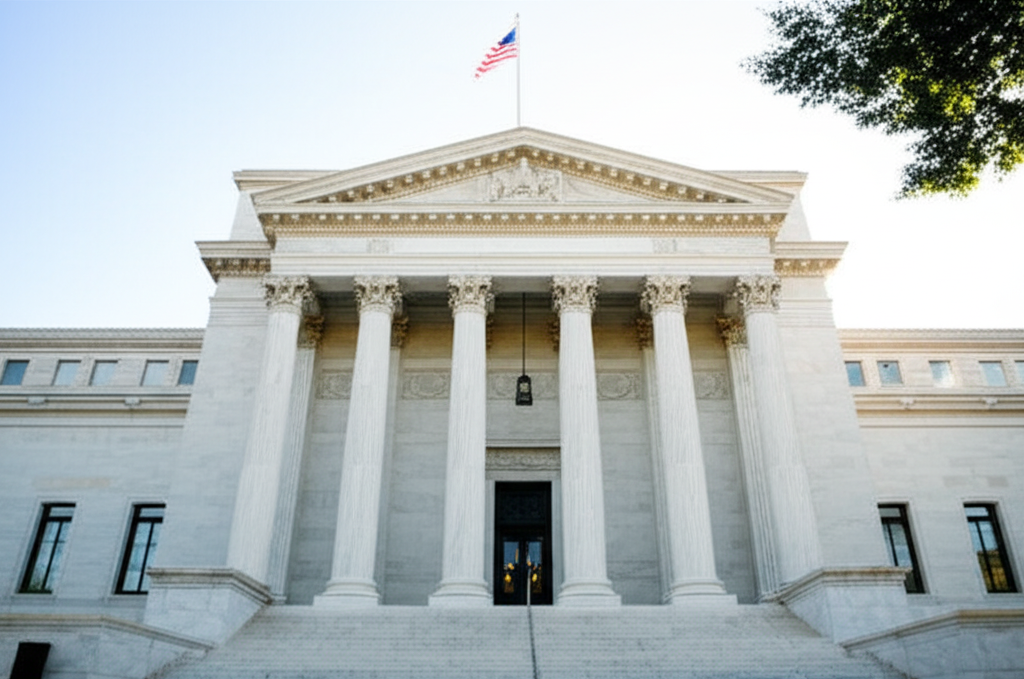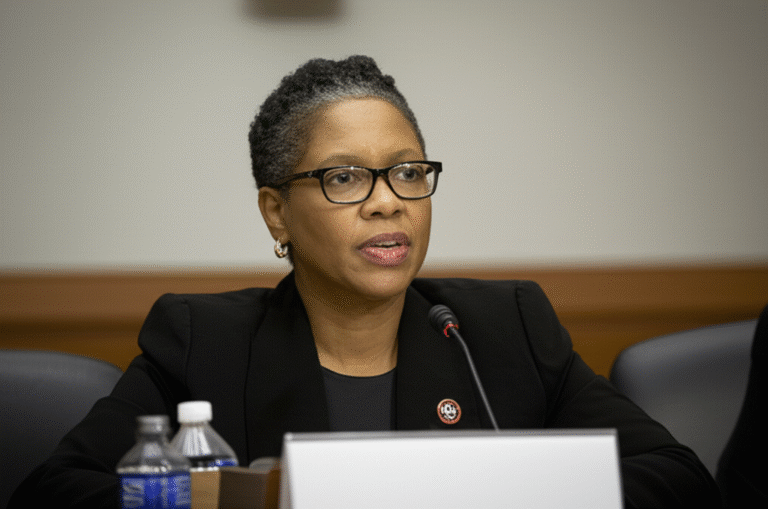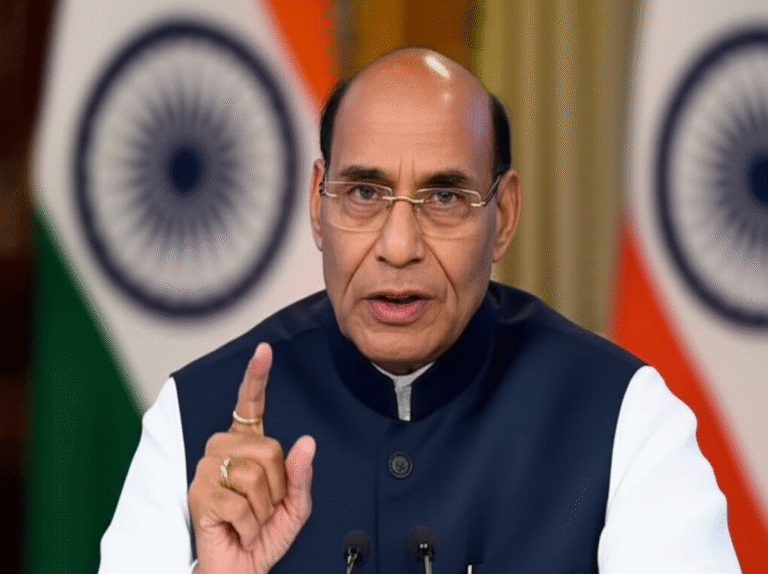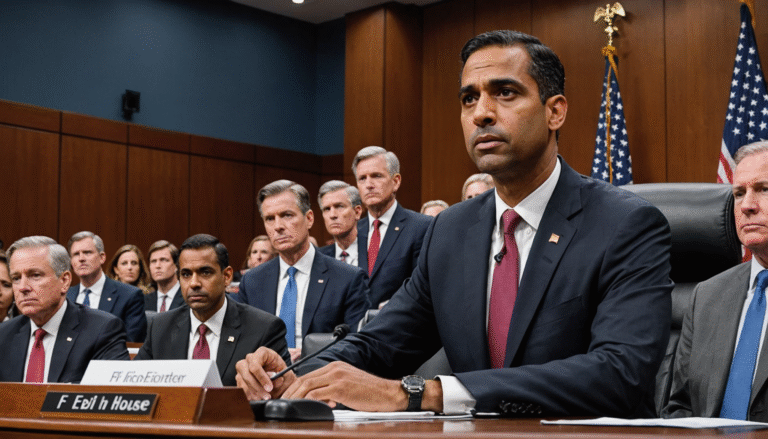
WASHINGTON – A U.S. federal appeals court on Monday delivered a significant ruling concerning the status of Federal Reserve governor Lisa Cook, rejecting U.S. President Donald Trump’s attempt to swiftly remove her. This decision directly impacts the ability of Lisa Cook Fed governor to participate in upcoming, critical economic deliberations, ensuring her continued presence on the Federal Reserve’s governing board for the time being. The appellate court’s judgment emerged as the Fed’s vital interest-rate setting meeting was poised to commence.

The ruling, issued by a panel of the U.S. Court of Appeals for the District of Columbia Circuit, was decided with a 2-1 vote. In its majority opinion, the court stated that, at this particular stage of the ongoing legal proceedings, there was “no need” for the appeals court to delve into the substantive question of whether the allegations brought against Governor Cook actually satisfied the stringent “for cause” standard typically required for the termination of a Federal Reserve governor. This procedural sidestepping by the appeals court has immediate, time-sensitive implications for all parties involved.
The consequence of this appellate court ruling is that the Trump administration now faces a severely restricted timeline, possessing only a matter of hours to potentially elevate the case to the U.S. Supreme Court for an expedited review. The urgency stems from the immediate proximity of the Federal Reserve’s crucial interest-rate setting meeting, which is scheduled to commence on Tuesday morning. The timing of these judicial and policy events has created a narrow window for further legal challenge.
Absent a direct and favorable intervention or decision from the Supreme Court before the scheduled start of the meeting, Governor Cook’s position and her ability to contribute to the Federal Reserve’s key decisions remain secured by the appeals court’s Monday ruling. This means that Governor Cook will retain her full capacity to attend and cast her vote during the Federal Open Market Committee (FOMC) meeting, which is slated to occur on both Tuesday and Wednesday. Her participation in these proceedings is considered a crucial aspect of the central bank’s monetary policy formulation.
The latest appellate decision follows an earlier judicial pronouncement on Sept. 9. On that date, a federal judge had previously intervened, issuing a ruling that actively blocked President Trump’s initial attempt to remove Governor Cook from her post. Furthermore, that federal judge’s order specifically mandated that Governor Cook be immediately reinstated to her position on the Federal Reserve board, thereby affirming her right to serve prior to the appeals court’s more recent deliberations.
Lisa Cook Fed Governor Role Confirmed for Key Meetings
The U.S. federal appeals court’s Monday decision effectively confirms the continued capacity of Lisa Cook Fed governor to fulfill her responsibilities at a pivotal moment for monetary policy. By rejecting the bid for her swift removal, the court has upheld the procedural integrity of her appointment, at least for the current phase of the legal challenge. This allows Governor Cook to continue her work, contributing to the Federal Reserve’s mandate of fostering stable economic conditions.
The appellate panel’s finding of “no need” at this preliminary stage to assess the “for cause” standard highlights a focus on procedural regularity rather than the merits of the allegations themselves. This legal approach ensures that high-level appointments like that of a Federal Reserve governor are not subject to immediate disruption without a complete and thorough judicial process. The court’s emphasis on process underscores the established frameworks for executive appointments and removals within the federal system.
This judicial endorsement of Governor Cook’s role ensures the continuity of leadership and expertise within the Federal Reserve as it approaches its significant interest-rate setting deliberations. The Federal Open Market Committee meeting, where these critical decisions are made, relies on the collective input and votes of its governors. Therefore, the court’s decision directly supports the operational stability of one of the nation’s most important economic institutions.
- A U.S. federal appeals court rejected President Trump’s bid to quickly remove Federal Reserve governor Lisa Cook.
- The 2-1 ruling deemed it unnecessary to address the “for cause” standard at this stage of the case.
- Governor Cook is now able to attend and vote at the Federal Open Market Committee meeting.
- An earlier federal judge had blocked Cook’s removal on Sept. 9 and ordered her immediate reinstatement.
- The U.S. Senate also confirmed Stephen Miran to the Federal Reserve’s governing board.

Background to the Legal Challenge
The recent ruling by the U.S. Court of Appeals for the District of Columbia Circuit builds upon prior legal actions initiated earlier in September. The foundational event occurred on Sept. 9, when a federal judge issued an order that directly countered President Trump’s efforts to remove Federal Reserve governor Lisa Cook from her position. This initial judicial intervention not only blocked the attempt to remove Governor Cook but also explicitly directed her immediate reinstatement to the Federal Reserve’s governing board. This federal court decision established the legal precedent for Governor Cook’s ongoing service and set the stage for subsequent appellate review.
The President’s bid to remove Governor Cook, which the appeals court recently addressed, was part of a broader context of executive authority and judicial oversight concerning high-level federal appointments. The “for cause” standard for removing a Fed governor is a key legal principle designed to protect the independence of the Federal Reserve from political pressures. The judicial process, from the federal judge’s initial order to the appeals court’s current ruling, has focused on interpreting and applying these legal standards to ensure proper governance and stability within the central bank.
New Appointment to Federal Reserve Board Confirmed
In a related but separate development on Monday, the U.S. Senate also took action regarding the composition of the Federal Reserve’s governing board. The Senate confirmed Stephen Miran, who is recognized as one of President Trump’s top economic advisers, to serve in a key capacity on the board. The confirmation vote was a close one, with senators approving Miran’s appointment by a narrow margin of 48-47.
Stephen Miran will assume the position previously held by Adriana Kugler, who had resigned from the Federal Reserve’s governing board in early August. Miran is expected to serve out the remainder of Kugler’s unexpired term, which is scheduled to conclude in January. This appointment introduces a new perspective to the Federal Reserve’s decision-making body, adding to the evolving landscape of economic leadership in Washington.
Reports also indicated that Stephen Miran plans to maintain his current role as chair of the White House’s Council of Economic Advisers. To accommodate his new responsibilities on the Federal Reserve’s governing board while retaining his White House position, Miran will reportedly take an unpaid leave from his Council of Economic Advisers duties. This arrangement allows him to contribute to both executive branch economic policy and the independent central bank, albeit with a temporary adjustment to his compensation structure in his White House role.
What’s next for the Federal Reserve and Its Leadership

Looking ahead, the immediate future holds several key considerations for the Federal Reserve and the Trump administration following the appeals court’s decision. The most pressing matter for the Trump administration is the exceedingly tight timeframe to consider and potentially execute an appeal to the Supreme Court. With the Federal Open Market Committee meeting scheduled to begin imminently, the window for a higher court intervention is exceptionally narrow, placing a significant procedural challenge on the administration. Should the Supreme Court not act, or decline to hear the case within the limited hours available, the appeals court’s decision stands, ensuring Governor Cook’s participation.
For the Federal Reserve, Governor Cook’s confirmed ability to attend and vote at the upcoming interest-rate setting meeting means that the committee will proceed with its full complement of eligible members, or at least without the immediate disruption of a gubernatorial vacancy. This continuity is vital for the consistency and comprehensiveness of the central bank’s monetary policy deliberations, particularly given the “critical” nature of the upcoming discussions.
Furthermore, the confirmation of Stephen Miran to the Federal Reserve’s governing board marks a new chapter for the institution’s composition. His service through January ensures that a new perspective, stemming from his experience as a top economic adviser, will be integrated into the Federal Reserve’s operations and policy discussions for the remainder of the current term. His dual role, albeit with unpaid leave from his White House position, represents a significant addition to the ongoing dialogue surrounding U.S. economic policy. These developments collectively shape the short-term trajectory of leadership and decision-making within the nation’s central banking system. [Source](https://english.news.cn/20250916/92393be05ee5429d95569e9e71df2bf8/c.html)






